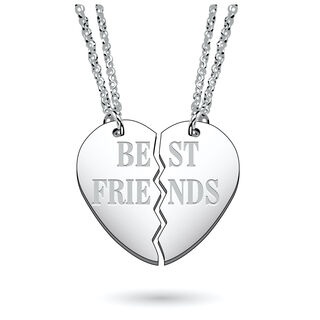Navigating The Storm of Losing Friendships

Friendships are an essential part of our lives, providing support, companionship, and a sense of belonging. However, just like any other relationship, friendships can end, leaving us with a profound sense of loss and grief. Coping with the grief of losing a friendship can be a challenging and emotional journey. In this blog, we’ll explore some strategies to help you navigate the complex emotions that come with the end of a meaningful friendship.
Acknowledge Your Feelings: The first step in coping with the grief of losing a friendship is to acknowledge and accept your feelings. You may experience a wide range of emotions, such as sadness, anger, confusion, and even relief. It’s important to remember that these feelings are entirely natural and valid. Give yourself permission to grieve.
Seek Support: During this difficult time, don’t hesitate to reach out to someone you trust. Sharing your thoughts and emotions with a friend, family member, or therapist can provide comfort and help you process your grief. Sometimes, just talking about your feelings can be incredibly therapeutic.
Reflect on the Friendship: Take some time to reflect on the friendship and the reasons for its loss. What were the strengths and weaknesses of the relationship? This self-reflection can help you gain a better understanding of what went wrong and what you’ve learned from the experience. It can also aid in personal growth and development.
Set Boundaries: If the loss of the friendship was due to a toxic or unhealthy dynamic, it’s essential to set boundaries and prioritize your emotional well-being. Understand that ending the friendship may have been the healthiest choice for you. Surround yourself with people who support and uplift you.
Focus on Self-Care: Self-care is crucial during this period of grief. Pay attention to your physical and emotional needs. Engage in activities that make you feel better, such as exercise, meditation, pursuing hobbies, or simply spending time with other friends who value and care about you.
Practice Forgiveness: Forgiveness can be a powerful tool for healing. It doesn’t mean you have to forget or condone the behavior that led to the end of the friendship. Instead, forgiveness is about letting go of the negative emotions that can weigh you down and hinder your own growth.
Keep Perspective: Remind yourself that friendships, like any other relationship, can evolve and change over time. Just because a particular friendship ended doesn’t diminish the value of the experiences and memories you shared. Cherish the positive aspects and lessons learned.
Find New Connections: As you heal, try to open yourself up to new friendships and connections. Building new relationships can help you move forward and fill the void left by the lost friendship. It’s an opportunity to explore new horizons and discover new people who share your interests and values.
Journal Your Thoughts and Feelings: Writing about your grief can be a therapeutic way to process your emotions and gain clarity. Keeping a journal allows you to express your thoughts, feelings, and experiences, and it can help you track your progress in healing.
Professional Help: If you’re finding it exceptionally difficult to cope with the grief of losing a friendship, don’t hesitate to seek the help of a therapist or counselor. They can provide you with guidance and support tailored to your specific needs, helping you navigate this challenging period more effectively.
Conclusion: Coping with the grief of losing a friendship is a unique and personal journey. Remember that healing takes time, and it’s normal to have good days and bad days during this process. However, with time, self-compassion, and the strategies outlined above, you can find a sense of closure and peace, allowing you to move forward and open your heart to new friendships and experiences. Grief may be a storm, but it can also be a path to personal growth and resilience.
Contact us to start your healing journey
